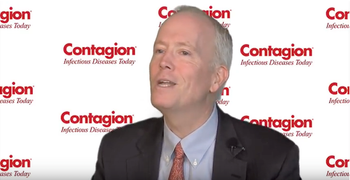
Edmond Hooker, MD, DrPH, stresses that the FDA and the CDC need to intervene to ensure that hospital mattresses get cleaned appropriately.

Edmond Hooker, MD, DrPH, stresses that the FDA and the CDC need to intervene to ensure that hospital mattresses get cleaned appropriately.
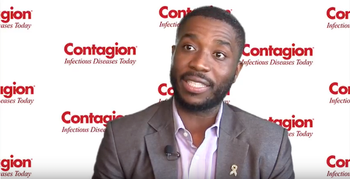
Barley Chironda, RPN, CIC, stresses that understanding what motivates health care workers’ actions is crucial for reducing C. diff rates in hospitals.
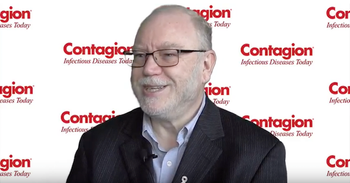
Glenn Tillotson, PhD, FIDSA, explains how costs associated with Clostridium difficile compare with other problematic health care-associated infections.
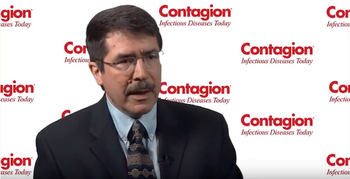
Marin H. Kollef, MD, explains why Pseudomonas infections are getting harder to treat.
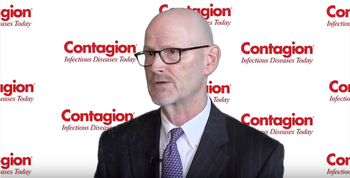
Richard Haupt, MD, MPH, explains why it’s harder to cover adults rather than children when it comes to vaccination.
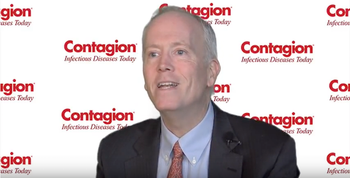
Edmond Hooker, MD, DrPH, discusses a study that assessed the use of mattress covers in hospitals to cut down on CDI rates.
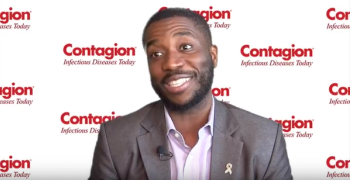
Barley Chironda, RPN, CIC, discusses why some health care workers are not practicing good hand hygiene and ways to motivate them to do so.
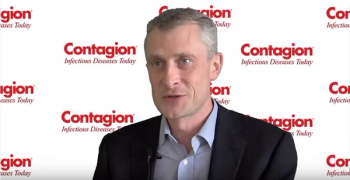
Dr. Richard Vickers, explains how ridinilazole affected the gut microbiome in participants of a phase 2 study.
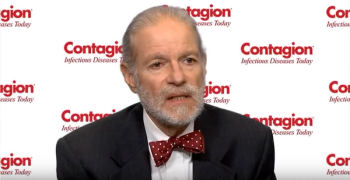
Leonard Sigal, MD, explains his approach for treating patients who may have “Lyme anxiety.”
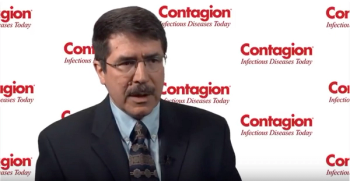
Marin H. Kollef, MD, discusses Pseudomonas aeruginosa infections within the intensive care unit.
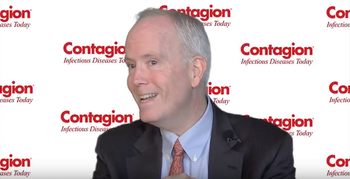
Edmond Hooker, MD, DrPH, discusses how contaminated hospital mattresses act as a vector for spreading drug-resistant infections.
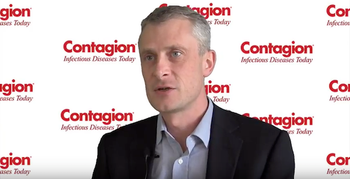
Dr. Richard Vickers, discusses how ridinilazole showed superior efficacy for the treatment of C. diff when compared with vancomycin in a phase 2 study.
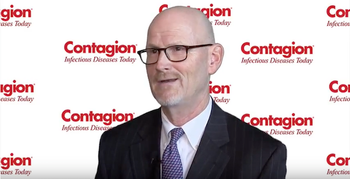
Richard Haupt, MD, MPH, discusses what is needed to ensure that a future C. diff vaccine is adequately stocked and delivered to wherever individuals show up for vaccination.
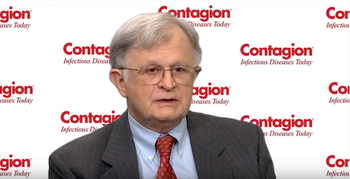
Robert Bransfield, MD, DLFAPA, explains how open minds are needed to understand how infections can impact cognitive function and conduct.
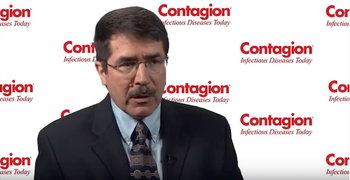
Marin H. Kollef, MD, discusses the mortality and health care costs associated with Pseudomonas infections.
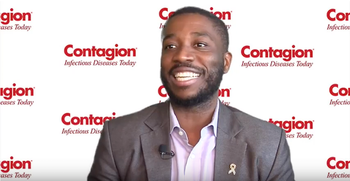
Barley Chironda, RPN, CIC, discusses current guidance for disinfection practices against C. diff.
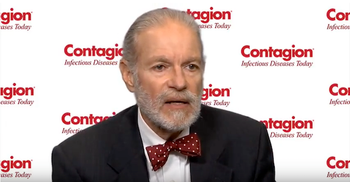
Leonard Sigal, MD, explains the term “Lyme anxiety” and its association with a chronic Lyme disease diagnosis.
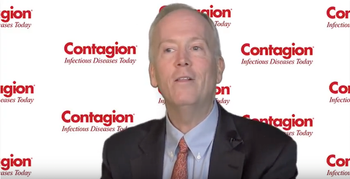
Edmond Hooker, MD, DrPH, discusses the cost benefit of investing in launderable hospital mattress covers to prevent CDIs.
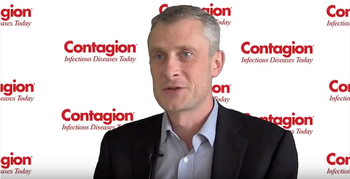
Dr. Richard Vickers, explains how ridinilazole is unique in its spectrum of activity compared with other antibiotics that target C. diff and have been approved or are in development.
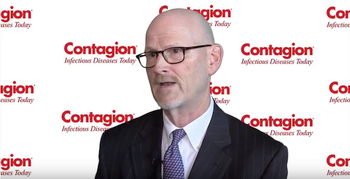
Richard Haupt, MD, MPH, discusses what would be required to adequately implement the delivery of a future C. diff vaccine.
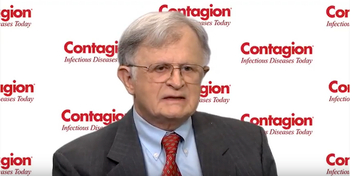
Robert Bransfield, MD, DLFAPA, discusses research that explores how some infectious diseases can make individuals homicidal.
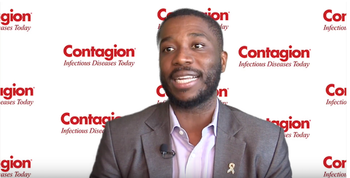
Barley Chironda, RPN, CIC, explains what the “chain of infection” is and what is needed to break it.
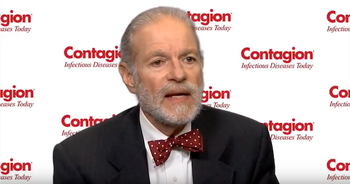
Leonard Sigal, MD, explains the potential adverse consequences of long-term antibiotic therapy.
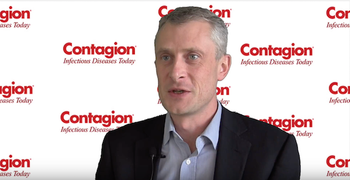
Dr. Richard Vickers, explains how antibiotics used to treat C. diff also damage the microbiome.
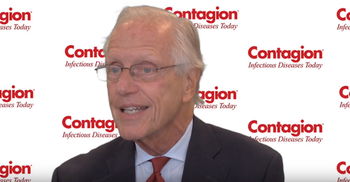
William Schaffner, MD explains why pregnant women should get vaccinated against flu.
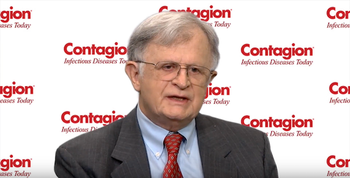
Robert Bransfield, MD, DLFAPA, discusses how to bridge the gap between psychiatrists and infectious disease physicians.
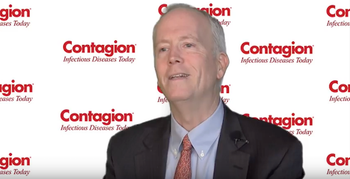
Edmond Hooker, MD, DrPH, discusses the use of a launderable mattress cover to reduce C. diff rates in hospitals.
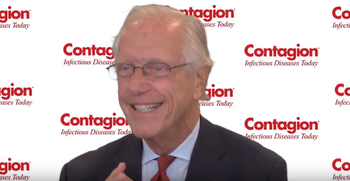
William Schaffner, MD, explains why dogs cannot catch flu from humans.
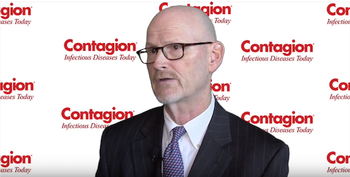
Richard Haupt, MD, MPH, sheds light on the Clostridium difficile Vaccine Efficacy Trial (CLOVER).